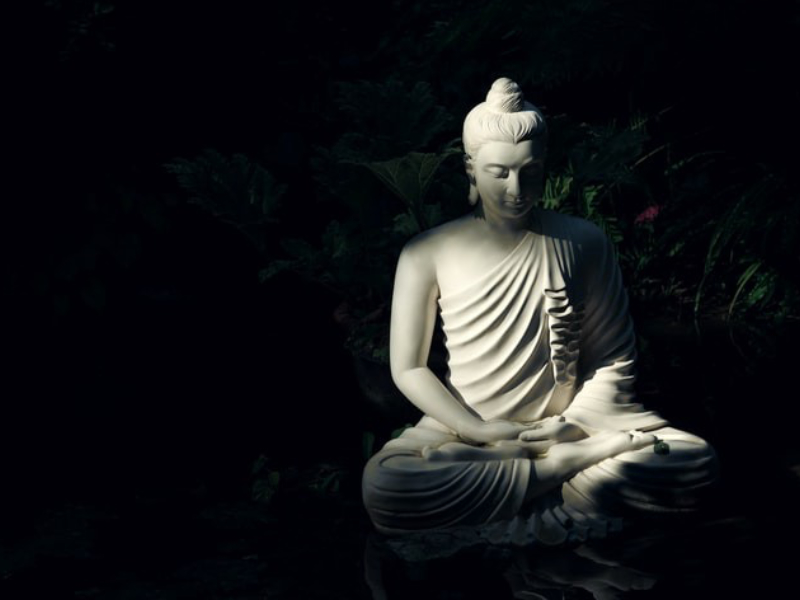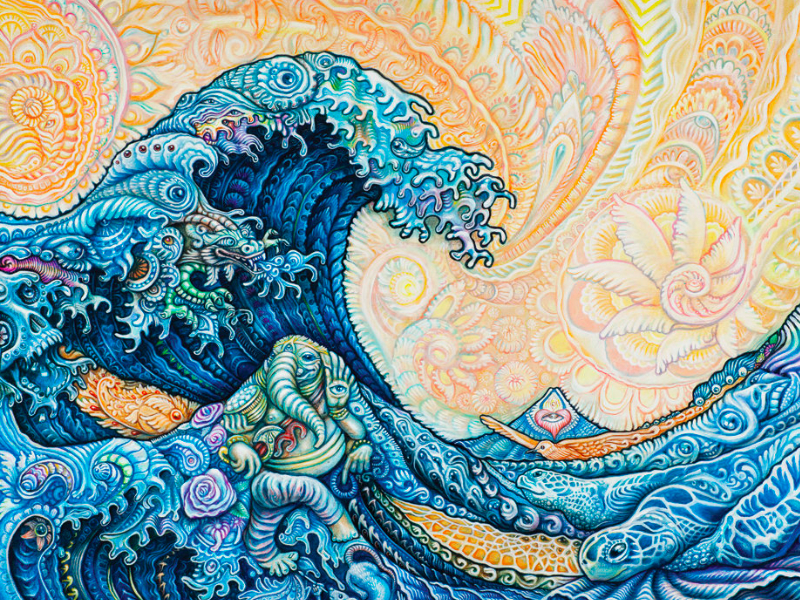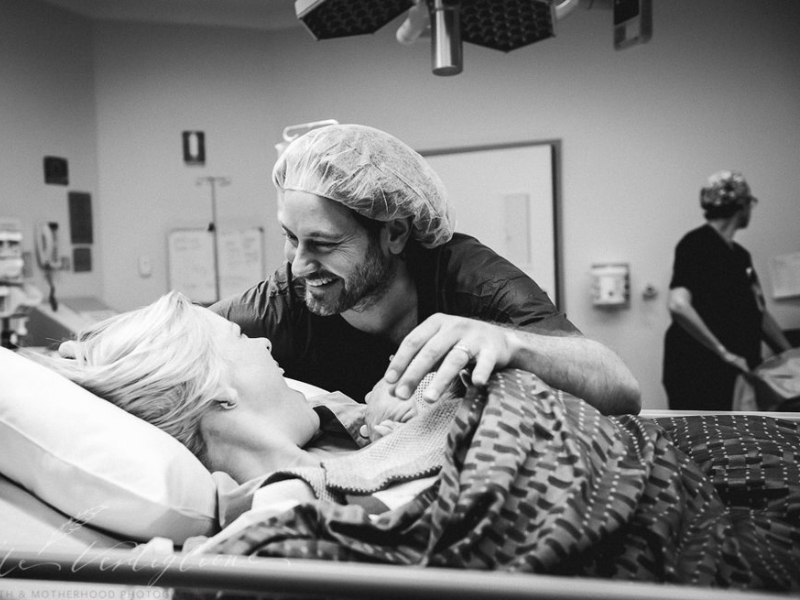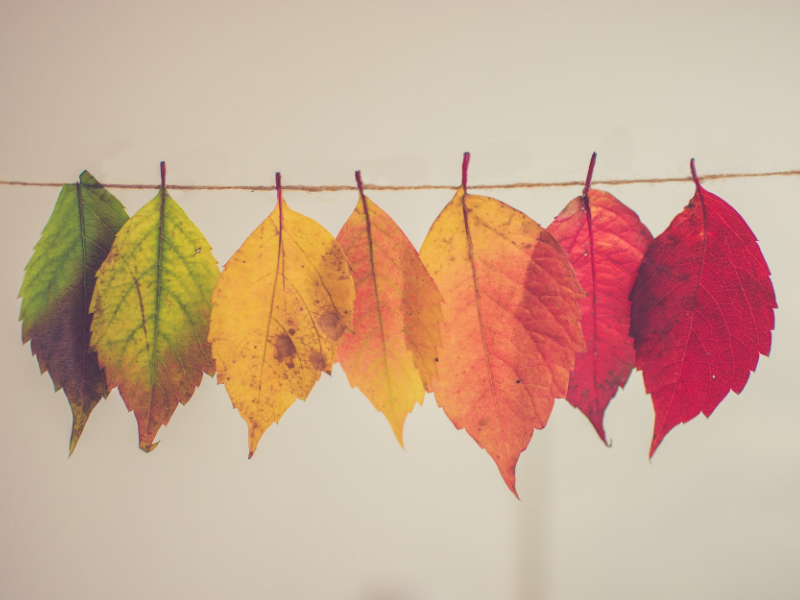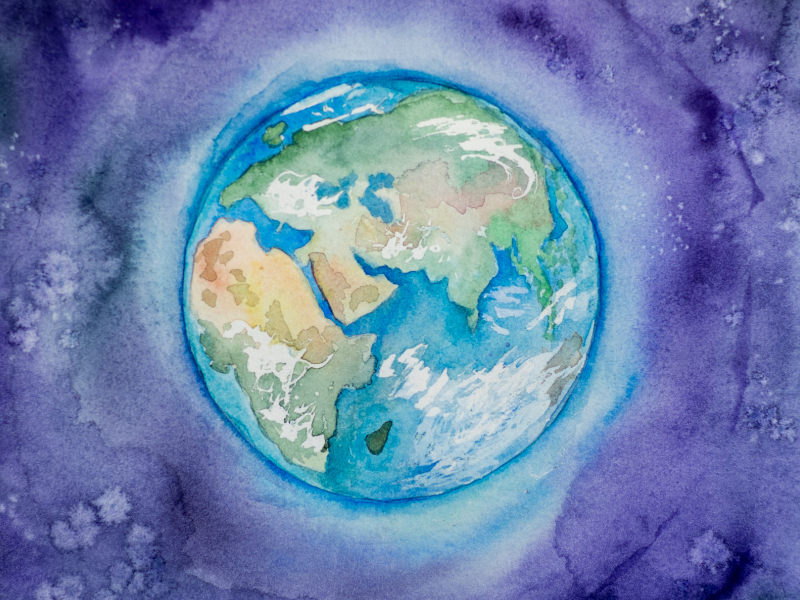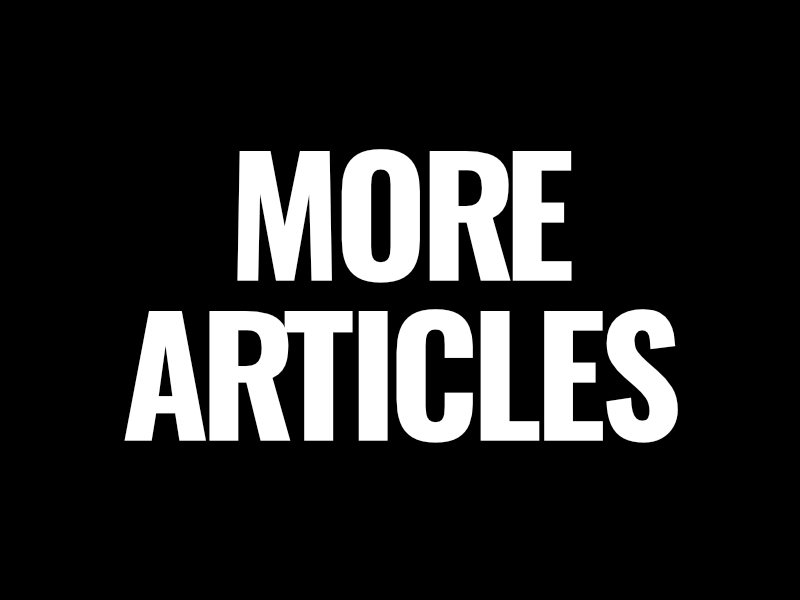Wise Reflection
– Working With Anger, Fear, & Distrust –
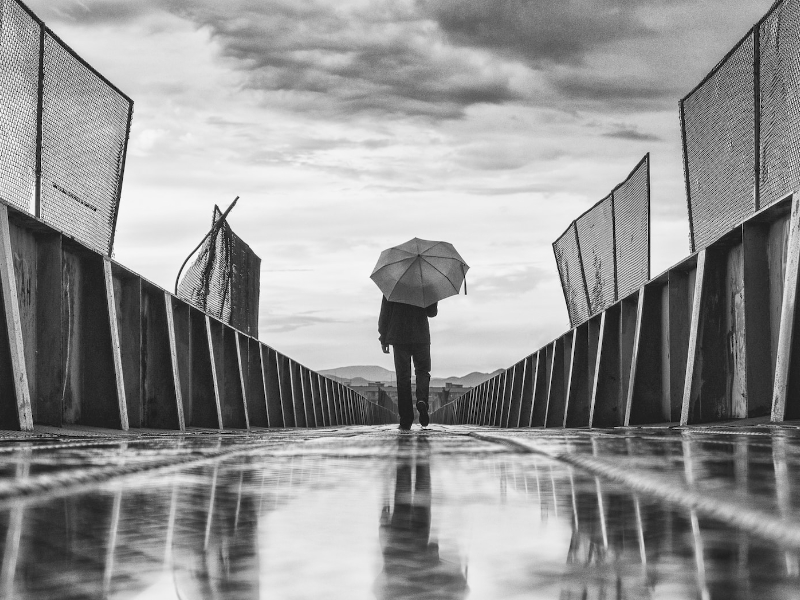
have never really considered myself naïve or innocent. I was physically and emotionally abused for most of my childhood by a neighbor who displayed some truly creative cruelty. I was sexually abused by two teenage girls as a child. Growing up, my family was a shelter home for abused, abandoned, and neglected children, which gave me a large window into some of the hardest truths the world’s precious children must face. I left the religion of my parents at 12. I tried heroin for the first time at 15. I’ve sat and cried at the side of dead babies on the streets of Ghana. I’ve witnessed the depressing realities for young women and girls in the red light districts of Thailand. I’ve been pushed into an unwanted coke deal in Peru by an older teen who had got caught up in gang-life. I’ve smoked weed with a homeless street artist on the top of an abandoned restaurant in Mexico. I’ve spent the night on the streets with the homeless people of Salt Lake City, getting to know their traumas and life-stories. I’ve seen the world and its tremendous suffering, along of course, with its tremendous beauty.
But it has been only in the last few years that I have really awakened, or rather, gotten close to, what I will call “bad actors” — those who on the surface appear to be incredibly fun, loving, vibrant, and sometimes even generous people, but who are in reality selfishly dangerous manipulators, emotionally and even physically abusive, most particularly to the people closest to them.
Now, let me first say that I am hesitant to use the term ‘bad actors’ because, at bottom, I don’t believe any human or creature is fundamentally bad. More often, I believe that harmful behaviors stem from ‘bad ideas’ — people have harmful operating systems running, like a belief in jihad, nationalism, or some form of authoritarianism. And sure, there are probably some personalities that are more prone to these kinds of belief systems. But again, more often, I believe the behavior comes from a bug in the system, not because the person is inherently bad.
Another reason I’m hesitant to use ‘bad actor’ is because very often, if we look into the depths of these “bad actors,” we will very likely find traumas scarred deeply into these individuals, scars that sometimes reach back for generations. We will see that their childhood, their sense of safety and freedom, their sense of worth, their joy and innocence, was stripped from them early on in life. We will discover that their foundational neurological pathways were shaped by violence committed on them, and so we will see that the trauma continues to live and move through them.
With all this said, though, I have learned from my many mistakes in the past few years. I have been fooled. I have unwittingly put my children at risk. I have carelessly brought untrustworthy people into my home. I have armed bad actors with a spiritual language they can use to manipulate others to further their own selfish interests. I have stood up to bad behavior, been gaslighted by it, and then watched enablers protect the abuser and cowards turn their heads in the name of “peace” or “harmony.” My heart has been flooded with sorrow and a deep distrust.
Now, though I would like to discuss many of the situations and encounters I’ve experienced in the last few years, because of their sensitive nature, as well as the limited space and time I have here, I will not discuss them today. I will, however, focus on the most recent tragedy and scandal in my life — one that has filled me with a renewed rage, fear, and potent distrust of people.
On the Sunday before Thanksgiving, my dad revealed to me that my grandpa had raped and, for 30 years, sexually abused his oldest daughter, my aunt Julie. After doing my research, it appears that Julie tried to bring this to her family in the 1980s, in a one-off family therapy session when she was in her 30s, revealing not the full extent of the abuse but that my grandpa had fondled her breasts several times. According to Julie, my grandpa quickly manipulated the therapy session and turned much of the anger and frustration that had evolved in that family over the years toward my grandma. From that point on, then, this revelation faded into the background and wasn’t spoken of again for nearly 40 years. So, for 40 years Julie suffered her traumas in isolation, without the love and support from her mother and nine siblings.
It wasn’t until Spring of this year, 2023, that she was finally able to reveal the true extent of the abuse. Sadly though, even after my aunt shared this information with her siblings in the Spring, essentially none of them decided to share the truth with their adult children, many of whom very possibly could have been victims themselves. It wasn’t until a couple weeks before Thanksgiving that another aunt of mine, an in-law, released a letter that tactfully and compassionately exposed my grandpa’s behaviors, thankfully forcing the conversation into our homes by stating that this knowledge is no longer private.
The catalyst of this letter was my cousin Mikayla, the youngest daughter of Julie. Mikayla and her siblings, having known the truth about my grandpa for many years, were understandably tired of the Driggs family’s silence and praiseful narrative of my grandpa. So, with great courage, Mikayla and one of her sisters, with the support of my aunt to draft the letter, exposed not only my aunt Julie’s abuse but also that my grandpa had abused my cousin, Julie’s daughter, who I will leave unnamed.
(I have posted a link to the letter in the introduction to this podcast episode for those of you who are interested. I think it was beautifully crafted and has the potential to offer support and guidance to any of you who may be facing sexual abuse within your family.)
Anyway, this news has caused the trauma from my own sexual abuse to resurface. I have been flooded with a renewed rage, fear, sadness, and deep distrust. So, before I move on to talk about how I am working through this larger problem of bad actors, a problem I have been framing as the need to re-posture myself to the world, let me just announce that I plan to release a series of episodes about sexual abuse. I want to borrow some courage from my cousins and bring some light to the hard truth of sexual abuse in our homes and communities.
First, I will have a conversation with River to discuss our experience of the unfolding of this news, including the general reactions from my various family members. We will open up about our own abuse, the fear and distrust of exposing our abusers, especially when the abuser is a family member or someone else we love. We will talk about the role of enablers and peacemakers, the violence of silence, and other related issues. We will also talk about the feelings of shame and impurity victims face, as well as their struggle for self-love, self-compassion, and self-forgiveness.
Second, I think we will record River and I having a conversation with our children to provide parents with a model to approach their own kids about sexual abuse. We will stress the importance of naming body parts and using plain language to describe rape, inappropriate touching, and other sexual abuse; the inappropriate use of secrets and threats by perpetrators; autonomy over our own bodies; the right and necessity to use our voice and to say “no;” the importance of listening to our bodies when we don’t feel safe, as well as the parent’s duty to make space for a child to tell them they do not feel safe in any given place or situation, and the right to be removed from the situation without the need for a rational explanation; the natural curiosity for children to be interested in their own body parts as well as the body parts of other’s, the freedom to express these curiosities to their parents without guilt or shame, and safe and appropriate ways to explore these curiosities; along with other topics.
Finally, I already have on the calendar for January a conversation with an incredible therapist, who has dealt with sexual abuse for decades. So, in addition to the topics we had planned on discussing, I will also get her professional perspective and see what light she can shine on the topic to help me, my family, and anyone else who is dealing with sexual abuse move towards safety and healing.
Anyway, one more thing I want to say before moving on is that, though I feel I have been flooded with anger, fear, and distrust since I found out about my grandpa, I have also found immense beauty in all this pain. I have had the opportunity to connect with my aunt Julie, who has displayed so much love, compassion, and wisdom. I’ve been able to renew and strengthen my trust in River, my partner, to find an immense love and gratitude for her. I’ve been able to hold my children with a profound new level of appreciation, care, and tenderness. And I’ve been able to hold my self too with a new kind of compassion, a compassion I don’t think would have been possible if this news had not resurfaced my old traumas and allowed me to see them and hold them from the lens of a parent. Seeing my kids, and then seeing myself at their age losing my sense of trust and safety has cracked my heart wide open.
Okay, well, let’s move on now to explore how I have been approaching my posture to the world. How can those of us who have lost our trust in humanity move forward on the spiritual path? How can we live with open hearts and, at the same time, protect ourselves and our loved ones from those who would harm us?
As I said earlier, I’ve been struggling with this question for a few years now. The problem first arose when I was introduced with full disclosure to a so-called “bad actor.” At the time, to keep myself and those close to me safe, I was encouraged to read up on the literature surrounding sexual, physical, and emotional abuse, narcissistic personality disorder, bi-polar disorder, and antisocial personality disorder (otherwise known as sociopathy).
Sadly, as I read through the literature, I recognized several people in my life who displayed some of the patterns I was learning about. I became aware of the many ways they manipulate people and situations. And as I said earlier, I myself have been fooled, manipulated, and gaslighted too many times in the past few years.
So, my circle has grown smaller. I have tightened up how I interact with certain people. I’ve recalibrated and tuned up my bullshit detector. And I’ve learned — and am still learning — how to tactfully put up and enforce boundaries. Like I said, I’ve been re-posturing myself to the world.
It’s been a long road. But I feel like I’m starting to find peace, a balanced posture, a posture that is open, relaxed, and receptive but that is also erect, strong, resilient, and wise. Instead of reacting, I’m getting better at simply recognizing anger, fear, and distrust when they arise, welcoming them into awareness’s loving embrace, holding them, listening to them, having compassion for them, trying to understand them, and then, and only then, responding to a person or situation if necessary. Something I’ve found useful here, when I need to respond to a person or situation, is to step into the frame of the “adult in the room.” What would the adult in the room do in this situation?
Of course, staying mindful and responding with wisdom is not always easy. When I am, as Joseph Goldstein calls it, “more or less mindful,” aware but not fully open and receptive, subtly identified, I often try to distract myself from these hard emotions or difficult conversations by turning to a movie, or endless productivity, or maybe by sleeping more, sleeping in, unwilling to meet the day. That is, I succumb to restlessness and sloth and torpor.
Thankfully though, the watcher on the wall, the shield that guards the realms of men, mindfulness, eventually blows the horn to alarm me that Mara has penetrated the walls (Mara is the personification of delusion in Buddhism). If, however, the mindfulness still isn’t strong enough to dispel Mara’s magic, if I keep running from or getting caught in the emotion and all the thoughts that surround it, I can seek the wisdom of reflection to help reinforce and support the mindfulness, to renew its strength.
The reflections I want to explore today are what the Buddha called the three marks of experience, or being — its selfless, ever-changing, and inter-connected nature.
Now, though each of these reflections are, really, windows into the same insight, which is both the goal and the path of spiritual practice, we can investigate and apply more skillfully certain consequences or dimensions of these marks of being to help cut through the Gordian Knot of self and once again open our hearts and minds.
When anger, for example, or indignation arises, when I feel that my innate sense of justice has been violated, and feel the strong impulse to act out of this anger, I will often reflect on karma, the law of causality and conditions. I will reflect on the lawful and interconnected nature of being. I can reflect on this person who has committed the injustice and realize in a flash that if I had this person’s genes and grew up under this person’s circumstances, I would be this person. I would have spoke and acted just as they have.
The late Ram Dass, psychologist and spiritual teacher, used to say that we ought to treat people like trees. “When you go out into the woods,” he said, “and you look at trees, you see all these different trees. And some of them are bent, and some of them are straight, and some of them are evergreens, and some of them are whatever. And you look at the tree and you allow it. You see why it is the way it is. You sort of understand that it didn’t get enough light, and so it turned that way. And you don’t get all emotional about it. You just allow it. You appreciate the tree.”
As Ram Dass pointed out, we are all like trees. And some of us simply didn’t receive enough light, and so we ended up bending this way or that, causing harm. But just as we don’t damn the tree, we need not damn the human, cast his soul into eternal hellfire. When we put on our Love goggles, we can see that there is actually no soul, no self, no isolated and independent force that gives this person agency, an agency that is removed from the rest of the world and the laws that govern it.
Just as the tree is made of dirt, water, and air, governed by universal laws, inextricably linked to the earth and her seasons, her rotation in space, her relation to the sun and moon, so too is this person made up of non-person parts, bound by universal laws, inter-dependent on the rest.
We are all inter-dependent on each other and on everything. What we do over here affects those over there. And what they do over there, affects us over here. We all carry our ancestors on our backs and our entire legacy at our fronts. Again, when we look with our Love googles, we can see that there’s no division anywhere.
Sometimes this reflection — on the delusion of free-will — makes people feel uncomfortable. This is understandable. So much of our identity, our sense of self, is caught up in our volition. And to be stripped of this idea, deluded as it may be, can throw many of us into an existential crisis, even a nihilism that makes our life feel meaningless. But this is to miss the deeper insight, that you are so much more than this small ego-based part. You contain it but at the same time transcend it. You, however, still exist. It’s just that you are so much more.
Again, this is not something to take on faith. It’s an invitation to look directly for yourself.
Now, another common problem that arises for people around this reflection on the delusion of an independent free-will is the question, “So what? Why is this important or useful? If this is true, then nothing anyone does matters since there’s no responsibility. If I don’t have free-will, then why does it matter if I lie, cheat, steal, or kill?”
Well, first of all, our intentions still matter, even if it is a total mystery that they do in fact arise, to say nothing about how. But it’s important to know whether I intended to hit you or whether it was just an accident. When we know that someone carries ill-intent to harm, we do what is necessary to protect the innocent.
Consider your posture or attitude towards a tornado that goes ripping through a city, destroying homes and killing people. Do you get angry at the tornado? Do you blame it? No. Now, of course, as the philosopher and neuroscientist Sam Harris points out, “If we could put a hurricane in prison to prevent it from causing harm, we would.” But we wouldn’t do it with anger or with the intention to punish the hurricane. No, we understand that entirely impersonal causes and conditions came together to bring about the hurricane. Rather than curse it, then, we learn as much as we can about these causes and conditions, and do what we can to create warning systems and other forms of protection.
Now consider if we carried this same attitude into our criminal and justice systems. Rather than blame people and punish them, we could learn more about the causes and conditions that bring about criminal behavior and work towards solutions that skillfully and compassionately protect all of us. We would move from punitive to rehabilitative and restorative systems.
We can even take this understanding, or this reflection of the delusion of free-will, into our homes. Rather than punish our kids for their behaviors, we can work toward understanding all the causes and conditions at play. We can try to better understand the causes and conditions of these harmful behaviors so that we can correct them with compassion, and bring more peace into the home. In dealing with sexual abuse, I can still do everything I possibly can to protect my children, but I can do so not out of hatred but with love in my heart.
This reflection, if you are honest with yourself, allows us to let go of so much needless suffering. When we recognize that everyone and everything is inter-connected, that we all abide by lawful and universal forces, then much of our anger, jealously, blame, hatred, and frustration dissipates. Again, don’t take my word for it. Be honest and investigate this for yourself.
Okay, well, let’s move on to fear. When wrestling with fear, there are a few reflections that seem to help me. And you’ll just have to play around with them yourself to see which one works for you. You can reflect on the truth of impermanence, investigating directly the ever-changing nature of experience until you find that there is no one there who is afraid, there is no stable, unchanging entity called self. Everything is fading as quickly as it is coming into being, allowing awareness to settle back into the effortless flow of experience.
Or, you can emphasize the emptiness aspect of the ultimate reality, the knowing aspect, of awareness, the deathless, the unborn and unformed, the timeless, the no-thing that can’t arise or therefore can’t disappear, but simply is, simply knows. You can reflect on and abide in equanimity.
What I find most useful, however, when in the grip of fear, is to reflect on metta, or loving-kindness, the simple wish that I, that you, that all beings, that all experience, be at ease, that all be at peace, that all be happy, safe, and secure.
There’s a story about a group of monks who were trying to meditate in the forest but weren’t able to focus because they were afraid. The forest was full not only of dangerous creatures but many of the outcasts and outlaws of society also lived in there. So, to find inner peace, the Buddha suggested that the monks reflect on the following, which I’ve paraphrased and updated in part:
May you be skilled in goodness.
May you be able, honest, and upright,
Straightforward and gentle in speech,
Humble, modest, and simple in living.
May you remain composed and calm,
Not proud and demanding in nature.
May you do nothing the wise would reprove.
May you wish in gladness and in safety:
That all beings be at ease,
That they be happy, safe, and secure.
Whatever living creatures there be,
Without exception, strong or weak,
Omitting none,
The short, tall, big, and small,
Whether seen or unseen,
Living near or far,
Born or unborn,
May all beings be happy,
May none deceive or despise another,
May none through anger or aversion,
Through hatred or resentment,
Wish harm on another being.
As a mother protects with her life
Her child, her only child,
So with a boundless heart
May you cherish all beings
Radiating goodwill and kindness
Over the entire world,
Spreading upward to the skies,
And downward to the depths,
Outward and unbounded,
Freed from hatred and ill-will.
Whether standing or walking,
Seated or lying down,
Free from drowsiness,
May you sustain this recollection.
This is said to be the sublime abiding.
With virtue, vision, and purity of heart,
Holding no longer to selfish or crooked views,
And being released from all sensual desires,
May you be free from suffering.
May you truly be at peace.
Finally, with the last emotion we’ll explore today, distrust, I want to start by saying that this one has been extremely difficult for me. It has really impaired my ability to open to the world, to establish deep and meaningful relationships, which require us to expose our precious, tender, vulnerable hearts. Honestly, I’d love to get someone on the podcast who is deeply familiar with this emotion and has learned to navigate it with wisdom.
But, until then, what seems to help me is to reflect on my own sila, my own goodwill, to reestablish and connect with my intention to commit no harm. As my humble and noble friend Logan asked me, when I expressed all the distrust I’ve been facing, “Do you trust yourself?”
“Yes,” I replied.
“Good,” he said. “Stick with that.”
With others, start by giving them only small tasks to build your trust. If they break it, then there won’t be too much harm done. If they show up, if they take responsibility, if they demonstrate trust, then give them a little more. But keep who and what you value close. It’ll never hurt to stay skeptical and awake. There’s room to carry both optimism for people and, at the same time, to understand that many of us are hurt, we’re trees who haven’t received enough light.
Anyway, thanks for listening. May you be safe, secure, and hopeful. May you truly be at peace.
Until next time.
More Articles
“The Art of Bare Attention”
Today we’re going to talk about the ancient Buddhist practice vipassana, or insight meditation. Now, just to be clear, this is an entirely secular practice. It doesn’t require you to adopt any dogmatic beliefs…
“The Faceless Seer”
How do you hold your love? Do you hold her from stillness, with nowhere to go, with nothing to do? How do you hold your love? Do you hold her with acceptance, with open hands and arms, with unabashed…
“Everything Changes”
It’s no secret everything changes. Your experience this morning isn’t your experience now. Yet how many of us act like we really understand this? How often do we grasp onto the illusion of things…
“The Divine Connection”
How do you hold your love? Do you hold her from stillness, with nowhere to go, with nothing to do? How do you hold your love? Do you hold her with acceptance, with open hands and arms, with unabashed…

